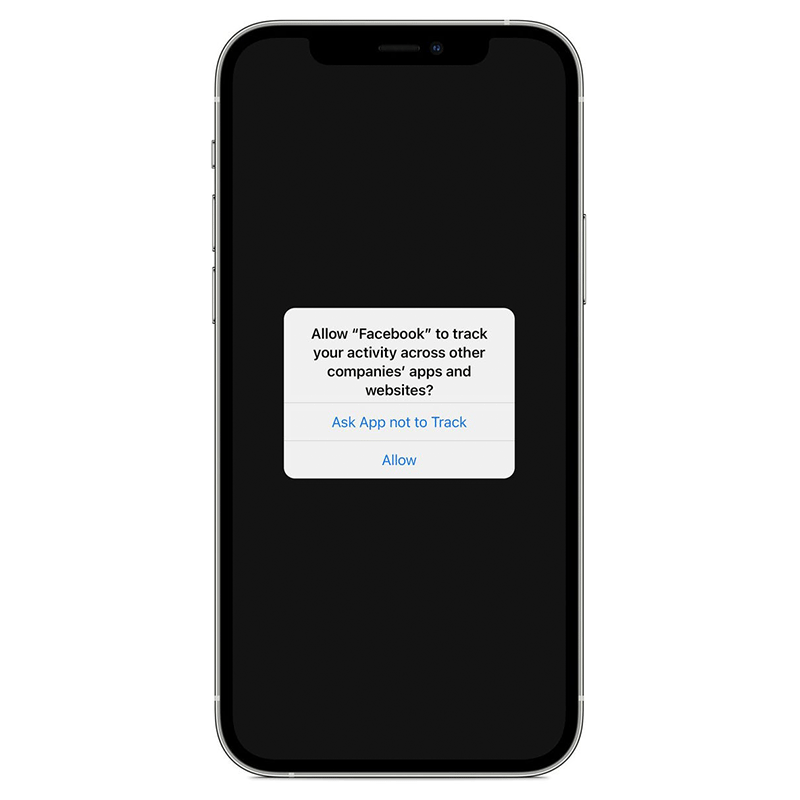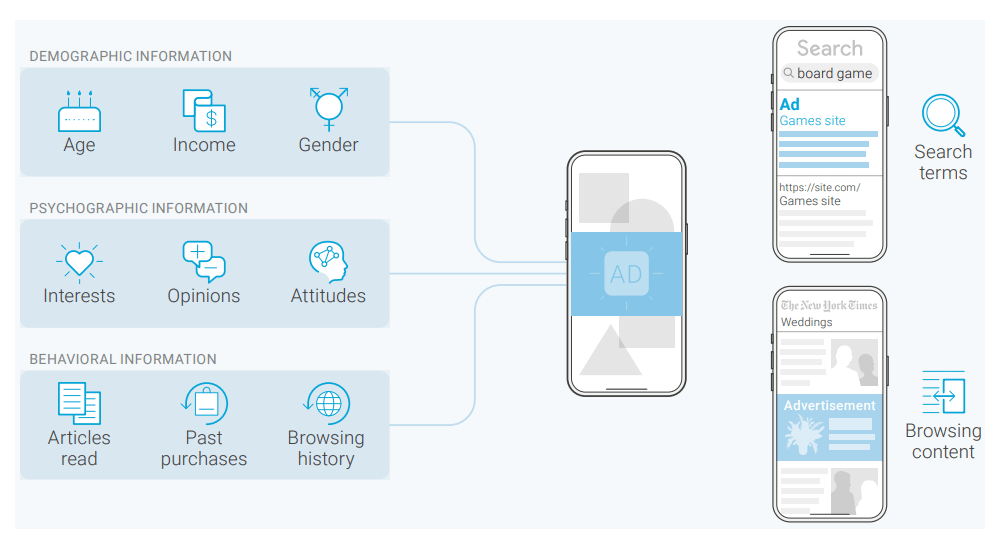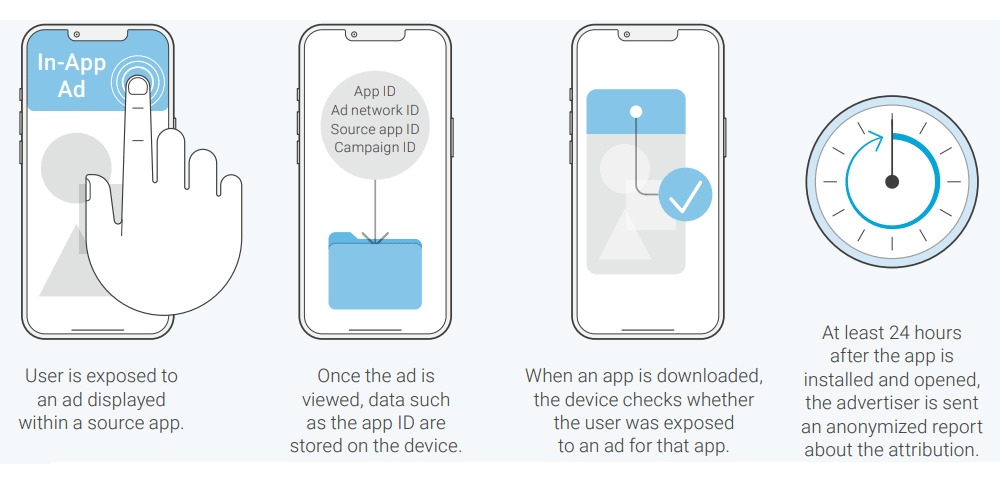
Most of the things on the web is free. To enjoy the free content, all people need is an internet connection and an internet-capable device.
Because many things are free, internet users can consume many parts of the web, and see many of its endless information. But before that can happen, somebody must have put those things there in the first place.
And to ensure that the things are free, there are parties that should get paid for it, obviously.
And among the ways to ensure free content to remain free, is for those content to also show advertising.
Advertisements on the web is nothing new. In fact, advertisements have become so common that people don't really care about seeing too much of them.
The thing is, it's not about how many of those advertisements are shown, but how they are shown.
And on the web, ad targeting works tirelessly behind people's back to analyze user habits, profiling them, and following by tracking them wherever they go online.
Read: To Be Tracked Or Not? Starting IOS 14.5, Apple Gives Users The Choice
Meta, the renamed Facebook, is one of the biggest operators of online trackers.
And one company managed to famously stopped it in its track, and that company is Apple.
As iPhone users start to care more about privacy, and Apple CEO Tim Cook continues to push the area in the firm’s marketing, increasing amounts of people are saying no to tracking on their iPhones.
While there are loopholes, it is said that tech companies that thrive on ads revenue are hit very hard that they were losing billions and billions of dollars a year since iOS introduced App Tracking Transparency (ATT).
And here, the battle between Meta and Apple continues, simply because Meta doesn't want to be defeated in its own game.
In its defense, Apple released a report to dispute the accusations that many said that it profits handsomely from the iOS privacy changes.
Apple said that its business doesn't benefit from the changes it made that have hamstrung Meta’s advertising business.

On a paper titled "Mobile Advertising and the Impact of Apple's App Tracking Transparency Policy" report that analyzes the impact of App Tracking Transparency on the mobile advertising industry, Columbia Business School professor Kinshuk Jerath countered accusations that Apple implemented App Tracking Transparency bolstered Apple's own advertising business while snarling competitors.
For example, the white paper said that the growth in Apple's ad business could be attributed to a "variety of reasons unrelated to ATT."
The report also claimed that Apple Search Ads business on the App Store benefitted not from ATT, but from growing app categories and a launch in China.
The report suggested that the growth in Apple's ad business predated the introduction of ATT.
For its part, the report suggested that Apple is not that cruel.
Advertisers who wish to understand the returns their marketing investments generate, can use what Apple calls the StoreKit AdNetwork (SKAN). This ad network API is free for advertisers to use, and doesn't require permission to track.
This API allows advertisers to measure ad effectiveness on Apple devices, even when ATT is turned on.

What Apple is doing here, is blocking third-party trackers, not first-party trackers.
According to Apple, first-party data is Information collected that is based on user activities, online and offline, whereas third-oarty data is information shared or purchased and linked across companies, including information about consumers’ activities across online and offline properties, such as in apps, on
websites, or in physical stores.
On claims that ATT is anticompetitive, the report noted that Apple's own apps often have privacy options that are much stronger than it requires in other apps. Apple's own apps also forego third-party data entirely for advertising purposes, essentially voluntarily taking on 100% of the revenue penalty that ATT could impose.
Additionally, the report shoots down claims that billions of advertising dollars have moved from companies like Meta to Apple itself. Apple Search Ads, as a small player in the ad business, was likely not the cause of large portions of advertising revenue disappearing.
"Even if advertisers were to contemplate shifting ad dollars to Apple Search Ads, their ability to do so profitably would be limited by the supply of ad space," the report reads. "Prices for ads on Apple Search Ads would rise substantially if advertisers attempted to inject $10 billion into Apple Search Ads without a significant increase in the supply of ad space."
It's worth noting that the report was funded by Apple.
It is only made to show that while Meta estimated Apple’s App Tracking Transparency technology is costing its ad business $10 billion in 2022, that cash isn’t going to Apple.
Jerath wrote the report using publicly available data.
Further reading: Apple's App Tracking Transparency' Is A 'Dud', Said Former Apple Engineer